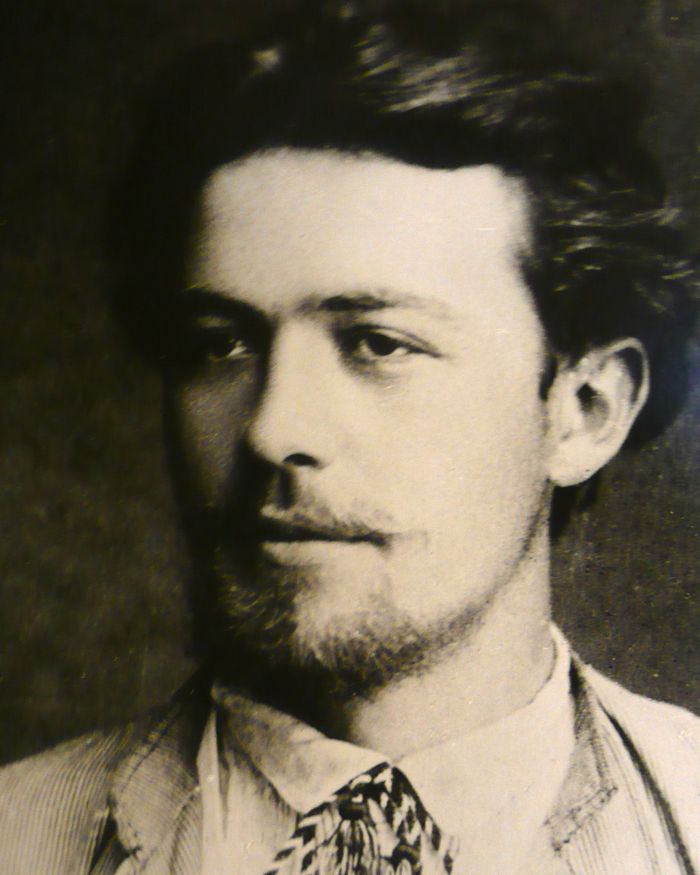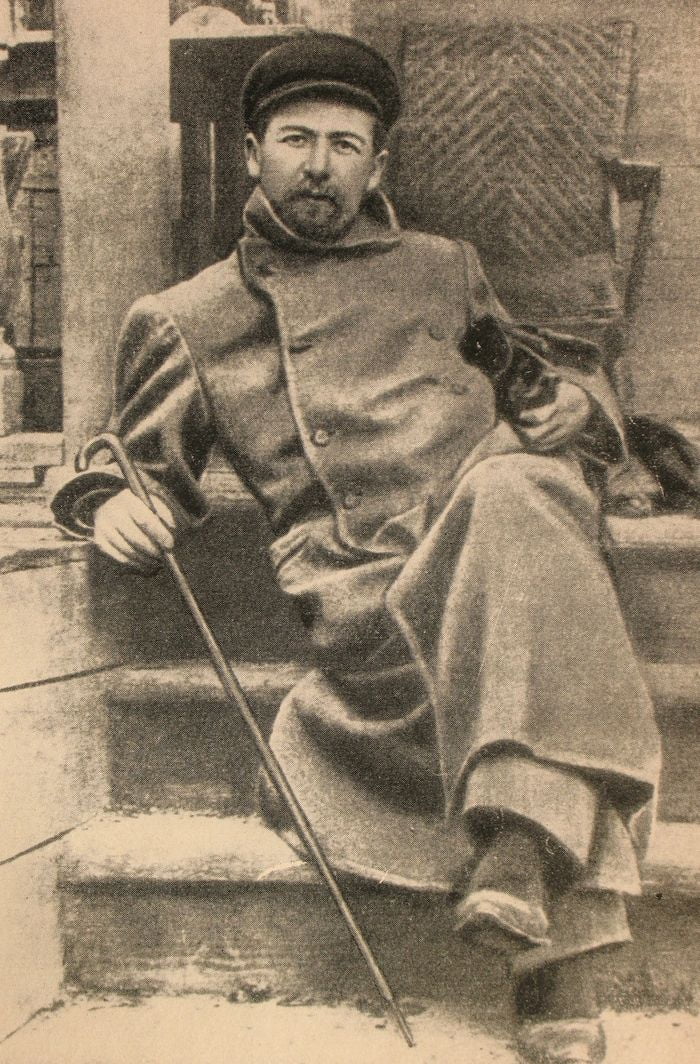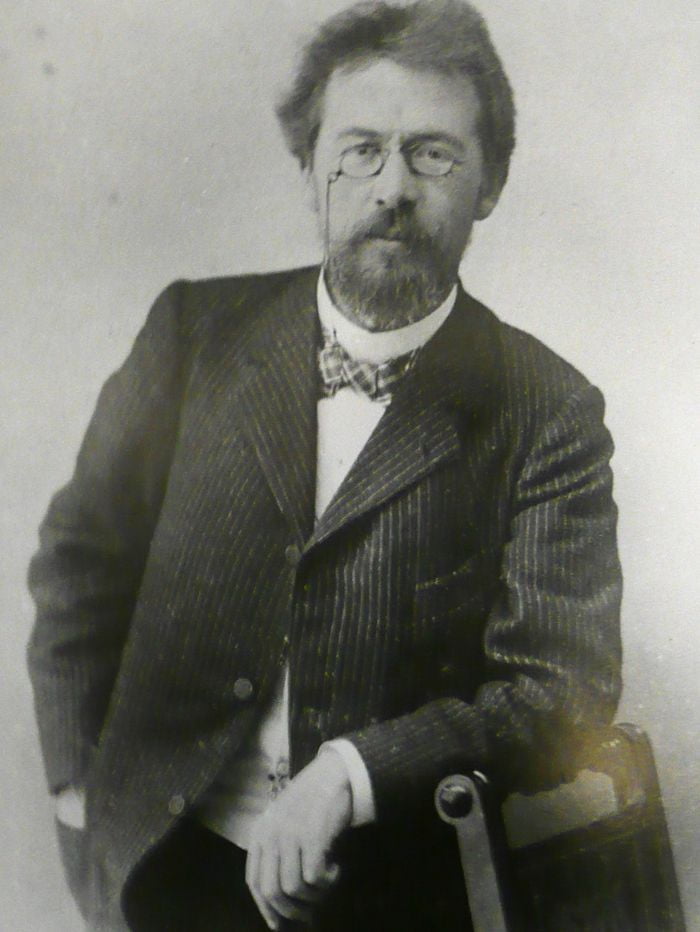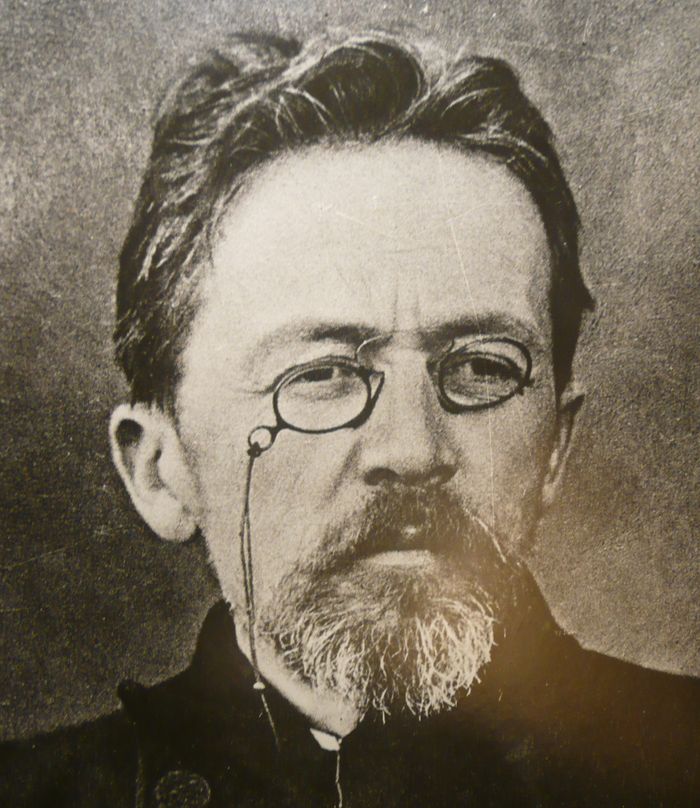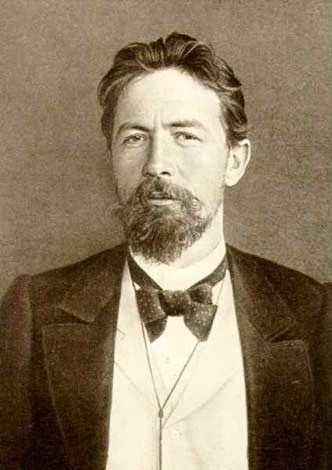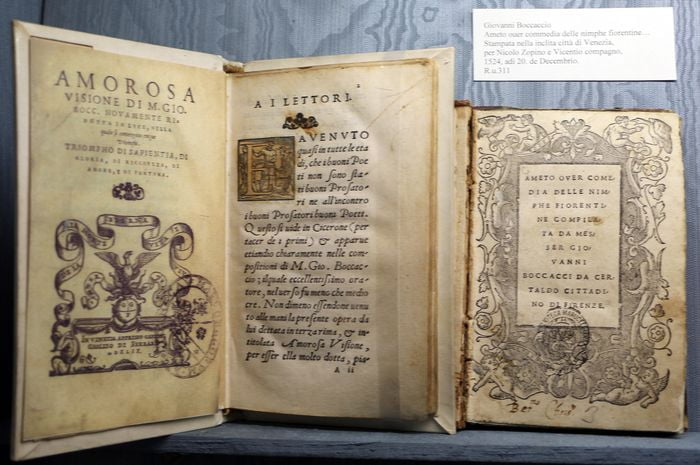The Bet – Anton Chekhov (1860 1904)
Chekhov stands out as one of the greatest short story writers of the world. Although he received an M.D. degree, he never practiced medicine, but devoted himself to writing. His scientific studies were, however, of service to him. There seems to be no limit to the range ofhis knowledge of the human family. His situations are handled adroitly and with a strict economy of words.
In The Bet he shews all the cynicism, fatalism, bitterness, pettiness and viciousness that can result from a simple jest.
The present translation, by J. Middleton Murry and S. S. Kote- liansky, is reprinted from The Bet and Other Stories, by permission of the publishers, George Allen & Unwin.
The Bet
It was a dark autumn night. The old banker was pacing from corner to corner of his study, recalling to his mind the party he gave in the autumn fifteen years before. There were many clever people at the party and much interesting conversation. They talked among other things of capital punishment. The guests, among them not a few scholars and journalists, for the most part disapproved of capital punishment. They found it obsolete as a means of punishment, unfitted to a Christian State, and immoral. Some of them thought that capital punishment should be replaced universally by life-imprisonment.
“I don’t agree with you,” said the host. “I myself have experienced neither capital punishment nor life-imprisonment, but if one may judge a priori, then in my opinion capital punishment is more moral and more humane than imprisonment. Execution kills instantly, life-imprisonment kills by degrees. Who is the more humane executioner, one who kills you in a few seconds or one who draws the life out of you incessantly, for years?”
